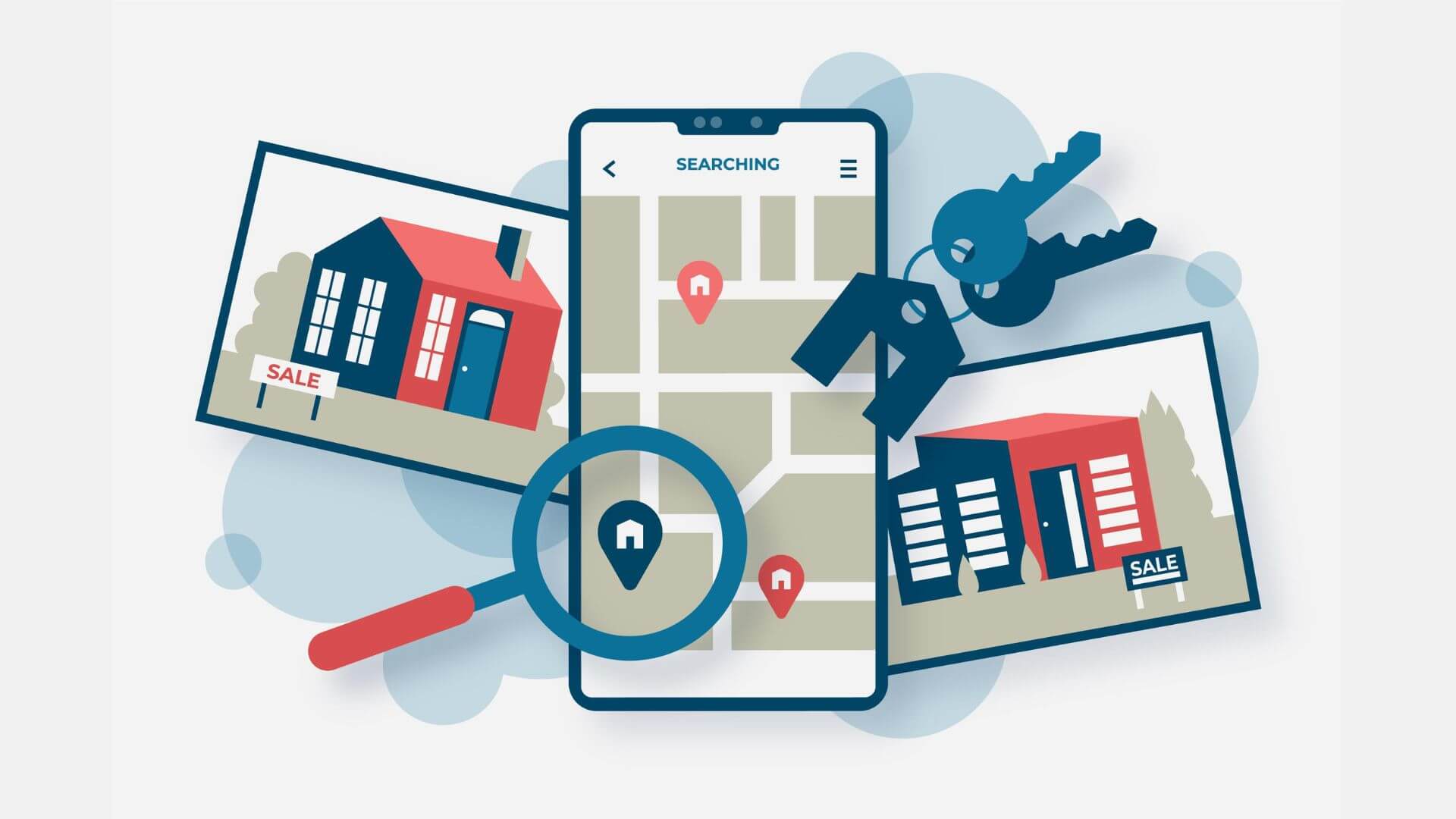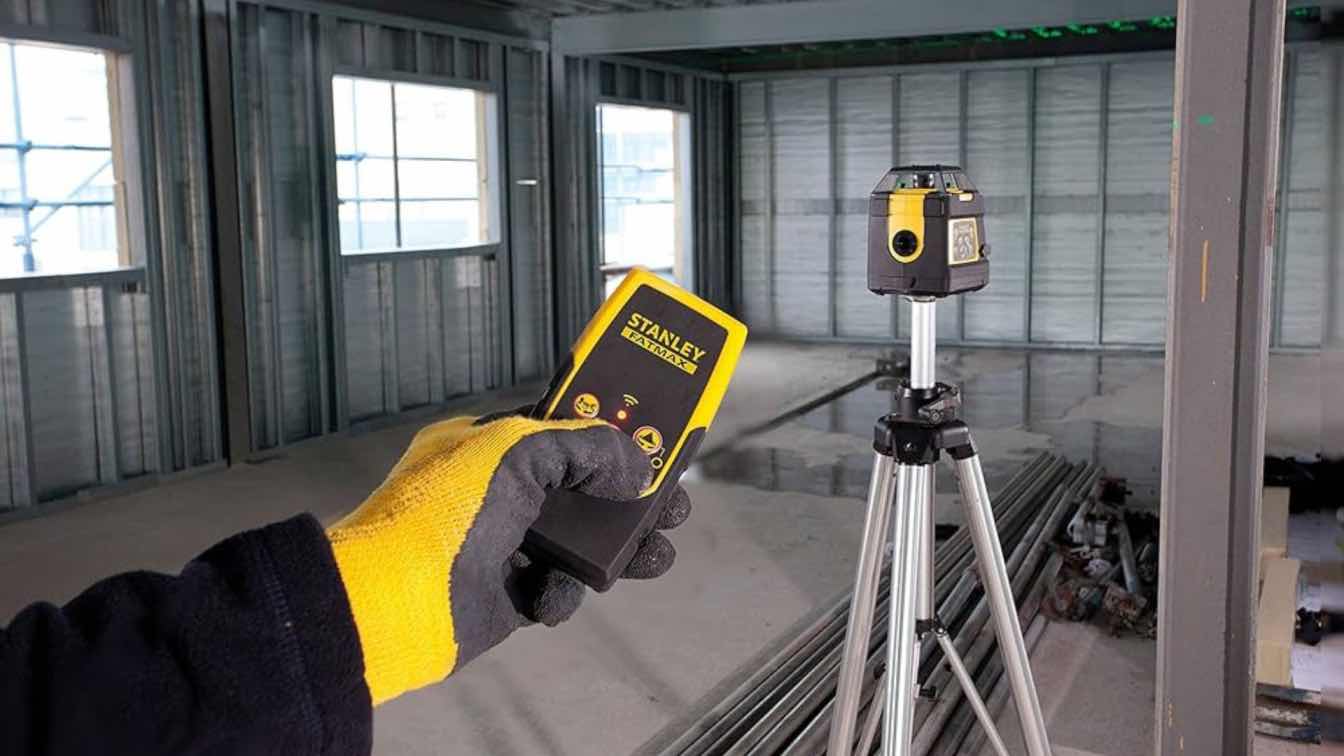Prior to the digital transformation, property managers did things in a more old-fashioned, traditional way. Property records were often handwritten, invoices were prepared individually, fees were collected in person, and the list goes on. Aside from the effort, this all required a great deal of time, especially when managing an elevated number of properties.
Numerous administrative services can be and are now digitized. Computers, machines, or the Cloud can do many daily administrative procedures. Digital transformation is changing day-to-day operations and allowing property managers more time to concentrate on customer relations and needs, thus improving the overall tenant experience.
Digitized Property Management Services
Digital transformation has affected every aspect of society. These are some of the primary operations where digital technology is specifically transforming the real estate property management sector.
Economic Management and Payment of Fees
Billings, payments, and annual reporting are among the principal responsibilities of those that manage rental properties. Property management accounting software now provides financial oversight and allows administrators to streamline work, meet deadlines, and file tax returns all remotely if necessary. Income and expense tracking is done automatically so administrators always have an updated overview.
Whether you’re managing one property or dozens of properties, having residents pay rent electronically is safer, faster, and easier to track. Digital fee payment systems increase the possibility for tenants to pay on time and automatically rather than having to pass by an office or mail a check. This also improves the cash flow for management companies or for an individual investment property with money arriving practically immediately. Digitalization also allows for invoices and receipts to be sent automatically upon payment receipt.
Digital systems can include payment alerts using text or email reminders sent to tenants in order to collect fees promptly.
Requests for Maintenance Intervention
For those responsible for managing numerous properties, maintenance requests can occur frequently and add up quickly. This can complicate operations if staying on top of things becomes difficult and tenants can quickly become frustrated and dissatisfied with you as a property manager or landlord.
Maintenance requests and intervention can be managed digitally thus avoiding losing tenants or even legal actions if property conditions do not conform to local property codes. Tenants are able to make requests easily and rapidly without having to lose precious time from work or family and property managers are shielded from liabilities by receiving notice of maintenance issues as they happen and thus being able to intervene immediately when the situation warrants it.
Apps are also being used to inform tenants and property owners that use third-party management as to the progress of maintenance or repair projects. Tenants can follow the progress and time necessary for repair completion while property investors not only verify rapidity and progress but can keep track of local building code compliance and costs and realistic profit margin expectations. This type of application also allows owner investors to follow the process remotely.
Security
Digitalization not only offers the possibility of more secure payment methods but also aids the storage of important documents and sensitive personal data. Cloud storage systems and encryption improve security and eliminate the risks associated with storing materials on business premises. With comprehensive hybrid cloud management solutions, property managers can rest assured that their data is safe and backed up in the event of any disasters or system failures. Further, digital systems also offer the ability to access data remotely, making it easier to manage properties from anywhere.
Emergencies
Emergencies can happen anywhere at any time, so apart from ordinary maintenance, a rental property can experience gas leaks, flooding, or electrical issues that place both the property and the tenants at risk. This can become even more complicated if the properties being managed are in another location, city, or even state. Digital systems now make alerting management in real time easier. Contact numbers, dedicated chats, and digital communication methods allow for immediate notification not only of property managers but of local authorities and service providers. Damages can be avoided, and lives can potentially be saved.
Property Marketing and Screening
An important part of property management is marketing the property to potential tenants. Marketing not only requires a significant amount of time and effort but can be expensive. Digital marketing services such as optimizing a website for SEO and using Google Ads allow property managers to reach a greater number of prospective renters and fill vacancies more rapidly.
Another factor when managing rental properties is the screening process before signing a lease. A lack of proper screening can lead to tenants that do not pay and troublesome and costly eviction procedures. Digitalization can speed things along by placing necessary forms to fill out online. This can also aid in finding better-qualified potential tenants for your property. Digitalization also now allows for the possibility to e-sign leases directly online.
Communications
Digitalization offers real-time communication with tenants, investors, and service providers and permits lengthy documentation to be sent and received when necessary.
Scalability
Digitalization not only facilitates day-to-day operations but offers the possibility to increase management capabilities as a business grows or reduces if it needs to scale back. This permits growth management with minimal economic investment and will reduce costs in leaner economic times.
Reshaping Property Management Through Digitization
Digitalization is streamlining property management tasks and facilitating accounting management, communications, marketing, and maintenance needs. It allows for operations to grow with your business without a hefty economic investment. But most importantly, it improves a manager’s availability to dedicate efforts to a better customer experience and economic return from property investment.





